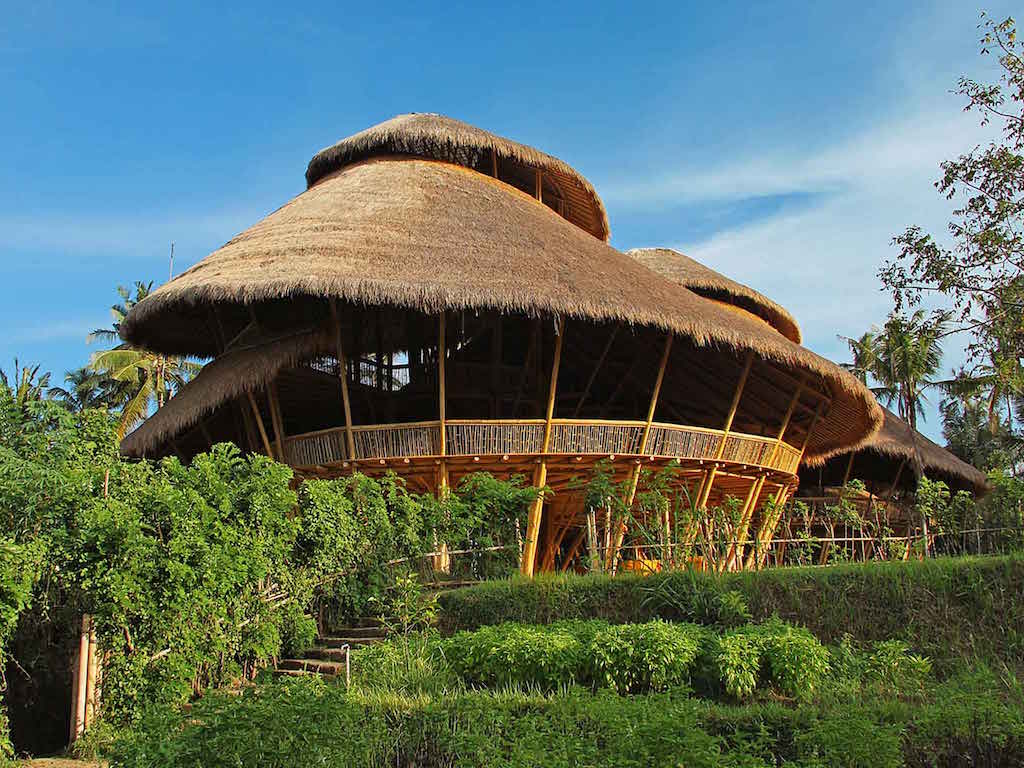3 Mins Read
In a new report by the World Economic Forum (WEF), the renowned Green School located in Bali, Indonesia has been recognised as an example of a progressive school of the future for its efforts in championing sustainability and social impact as a core part of its curriculum. In the coming years, the education model that focuses on community and eco-friendly projects will spread to other countries thanks to Green School’s expansion to New Zealand, Mexico and South Africa. In the midst of our escalating climate emergency, the report highlights the need for the global education system to adapt to help the next generation combat the issues that our world is facing.
The Green School first opened its door on Indonesia’s Bali island back in 2008, offering an education system that promotes sustainability and hopes to cultivate the next generation of green leaders. The 800 students at the Green School apply their learnings in the real world through a global citizenship lens by participating in sustainability-oriented activities that are mostly held outside of a classroom. In contrast to most conventional schools, the Green School’s physical space allows children to learn in a natural, wall-less environment with structures are built out of the eco-friendly grass bamboo. Another neat future is their “BioBus,” which runs on cooking oil fuel and transports students to and from the school campus, helping the school save over 4 tonnes of carbon emissions per year.
The WEF report on “Schools of the Future” highlights the Green School’s efforts in enabling students to connect directly with nature, which helps students take into consideration the impact of their actions and consumption habits on the planet. For example, children in their early years of education in the Green School will spend a significant portion of their learning in gardens and the kitchen, which helps them develop an awareness about where and how their food is sourced. In 2018, the school produced over 150 kilograms of fresh edible produce each month.
Read: 67% of Generation Alphas want to make saving the planet their career mission
In the later years of education, students are tasked with leading energy projects to implement renewable energy systems to reduce the environmental footprint of operating the school. According to their annual report data, this has led to a 40% reduction in their carbon footprint, and the Green School consumes about 10% of energy compared to other regional schools.
The report by the WEF additionally spotlights the Kul Kul Connection programme run by the school, which is a project to help nearby Indonesian schools transition to greener education models. To date, they have supported local schools’ efforts to replicate waste management systems and spread the topic of sustainability into classrooms via educating local teachers. The Green School plans to expand their model to locations in New Zealand, South Africa and Mexico by 2021.
Read: Children born after 2012 have not lived a day unaffected by climate change
The aim of the report is to emphasise the need for the global education system to change, given that our planet is facing a host of climate, social and economic problems that were not relevant in previous generations. In a statement commenting on their recognition by the WEF, the Green School said that “education globally is at a critical point and is in need to adapt to match the issues of our ever-changing world.”
Indeed, our escalating climate emergency means that the younger generation must be prepared to take on serious global issues that will threaten the security of our global food system, resource supplies and even the existence of human civilisation itself. Most recently, climate change and environmental issues dominated all five concerns listed in the annual WEF global risks report. Young people across the world have demonstrated the most attentiveness to environmental issues in recent years, most prominently through the global climate strikes that saw millions of students take to the streets to demand action from world governments and business leaders.
Lead image courtesy of Green School.




